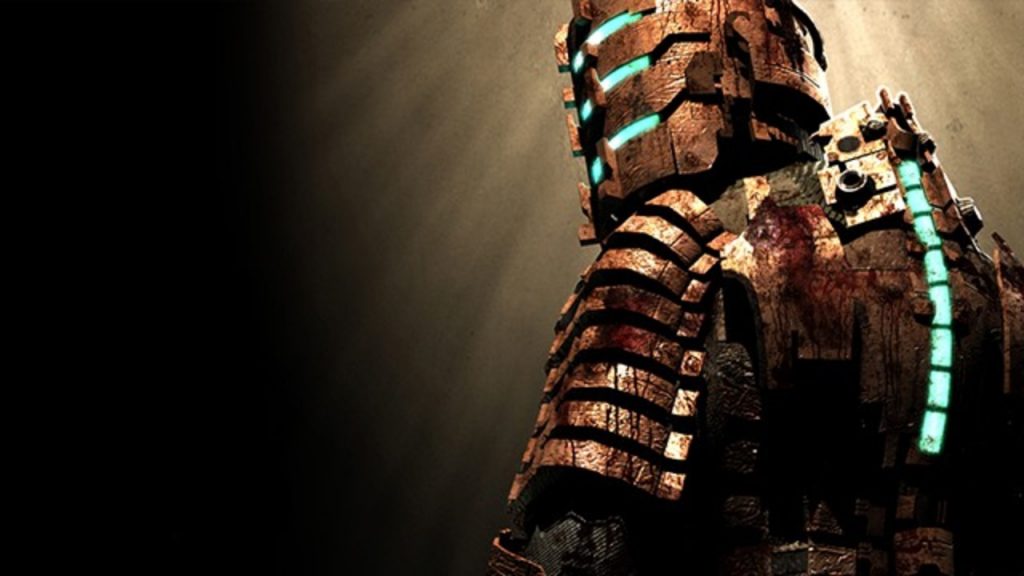This article takes a look over a selection of PS3 titles which deserve a return on the PS4. Let’s begin.
Dead Space
Developed by Visceral Games, 2008’s Dead Space is an excellent survival horror title boasting a grimy, industrial and dark science-fiction visual style reminiscent of the classic movie Alien. Set in the 26th century, it stars Isaac Clarke, a man who has to deal with an infestation of “necromorphs” – monstrous creatures composed of reanimated dead tissue – on board the spaceship USG Ishimura.
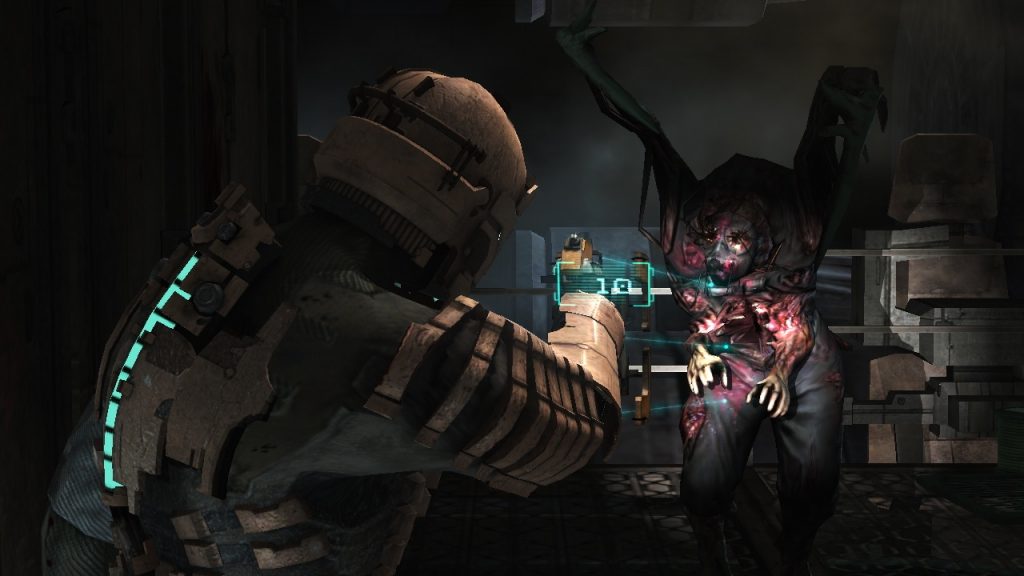
The game features numerous great touches in its third-person combat, such as how enemies are more easily defeated by attacking their limbs rather than their heads or torsos, often requiring you to be accurate and patient, which can increase tension. Also, alongside a selection of standard weapons are abilities such as kinesis and stasis, and a number of weapon and character upgrades.
Other highlights include scenes set in the vacuum of space; and inventory, health, ammunition and oxygen all being displayed via diegetic means, adding to the sense of immersion.
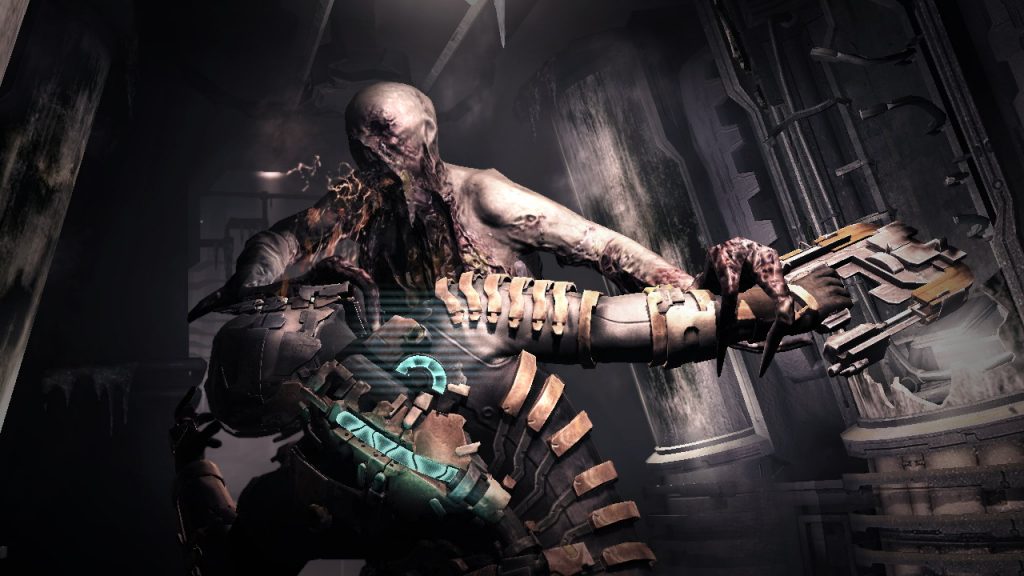
Dead Space spawned two direct sequels, some spin-off games (including the surprisingly excellent on-rails shooter Dead Space: Extraction), and other media such as comic books and animation. While the original title certainly sprayed gore around like grisly confetti, it remained tense, atmospheric and ultimately an effective horror game. However, Dead Space 2 saw the focus leaning more towards action, and this culminated in the disappointing Dead Space 3, with its co-operative gameplay and large number of human enemies, not to mention publisher Electronic Arts including microtransactions while selling the ending separately as downloadable content.
As for any future games, if EA actually remember that they have a fantastic survival horror series on their hands and treat it with the respect it deserves then the Dead Space series could be great again. But this is EA we’re talking about so, although it may be a good idea if you’re blasted out of an airlock, I won’t hold my breath.
Dragon’s Dogma
Capcom’s 2012 open-world action-RPG Dragon’s Dogma is set in the fantasy kingdom of Gransys and casts you as the Arisen, a villager who has their heart torn out by a dragon and yet survives due to being “the chosen one,” your goal then being to hunt down the dragon in question and reclaim your heart.
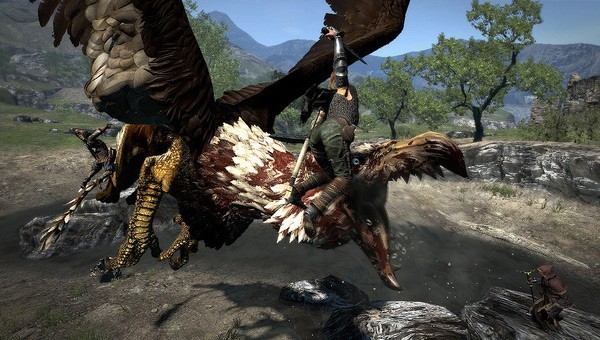
Your quest takes you to diverse locations such as military encampments, the capital city, quarries, caves, forests, ruined fortresses, bleak mountains, dungeons and more, the game providing a real sense of exploration and danger.
You won’t have to adventure alone either as Dragon’s Dogma features a “pawn” system which allows AI-controlled characters to join your party. You create – and can thoroughly customise – your own main pawn, but you can also recruit others to join you. Not only that but if you’re playing online then you can recruit pawns created by other players, and so a vast array of party members becomes available, including sorcerers, assassins, knights, archers and more.
There’s also a varied and deep combat system which makes for exciting battles, particularly when dealing with larger enemies; a day-night cycle in which the night portion can be genuinely tense; and a brilliant and memorable final act.
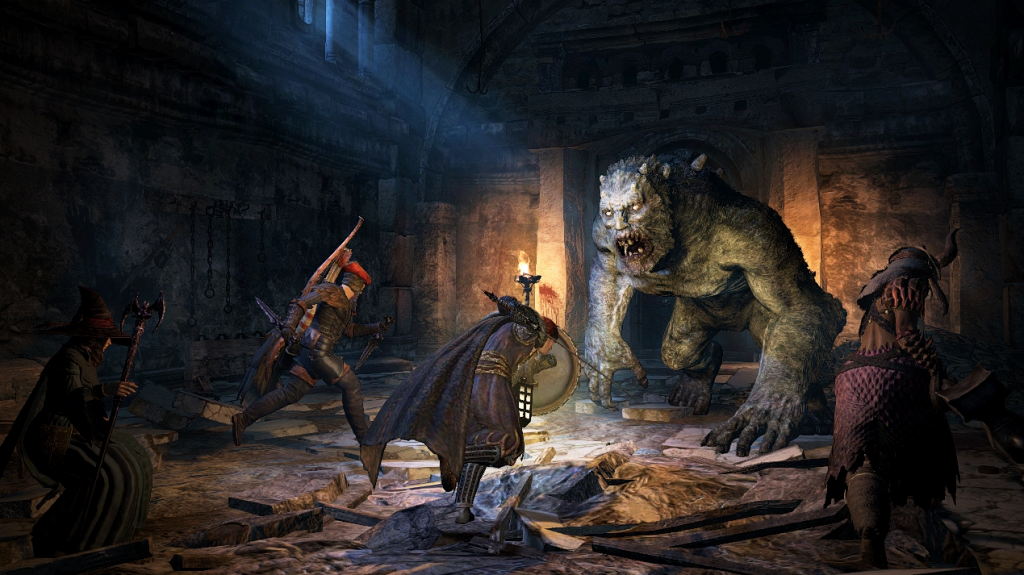
The original release of Dragon’s Dogma was followed up with Dragon’s Dogma: Dark Arisen, a version which made some changes to the base game while introducing a new, full-size expansion which tasks the player with exploring the labyrinthine depths of Bitterblack Isle. Darker and often more challenging than the main game, the Dark Arisen expansion is a more than worthy addition.
The series has actually already come to PlayStation 4 with Dragon’s Dogma Online, but as a Japan-only free-to-play game, this is far from the fully-fledged sequel which many fans, including myself, have been hoping for, hence the series’ inclusion in this list.
Kane & Lynch
2007’s Kane & Lynch: Dead Men and its 2010 sequel Kane & Lynch 2: Dog Days were met with a certain amount of criticism upon their respective releases, but while both games have their flaws, IO Interactive’s third-person shooter series is one I enjoyed.
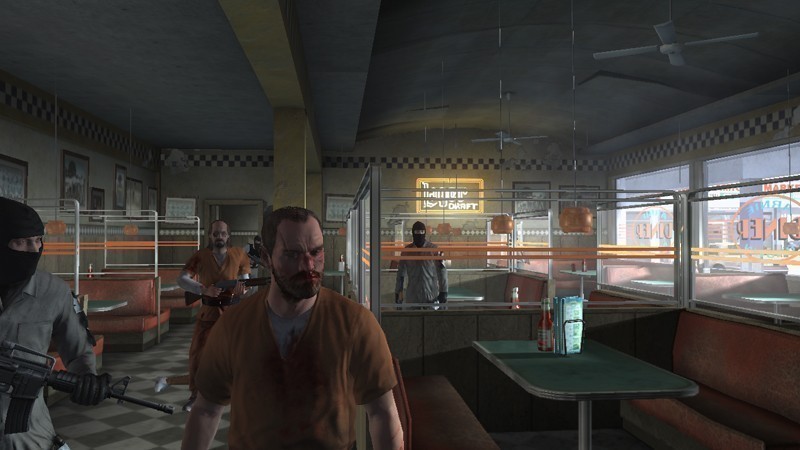
Kane & Lynch: Dead Men introduced us to professional criminal Adam “Kane” Marcus and James Seth Lynch, a psychopath on death row. After the two men are thrown together during a prison breakout, they form an uneasy alliance as they go up against The Seven, a mercenary group to whom Kane once belonged. The sequel sees Kane and Lynch being hunted across Shanghai following a job gone wrong.
Dead Men is a more ambitious and imaginative title than Dog Days, featuring a wider range of locations as well as more variety and depth in its level design, gameplay mechanics and mission objectives, the sequel essentially being one linear shooting gallery after another. However, a few qualities which both games do share include great voice acting from Brian Bloom as Kane and Jarion Monroe as Lynch, a cooperative two-player mode, and an excellent online multiplayer mode.
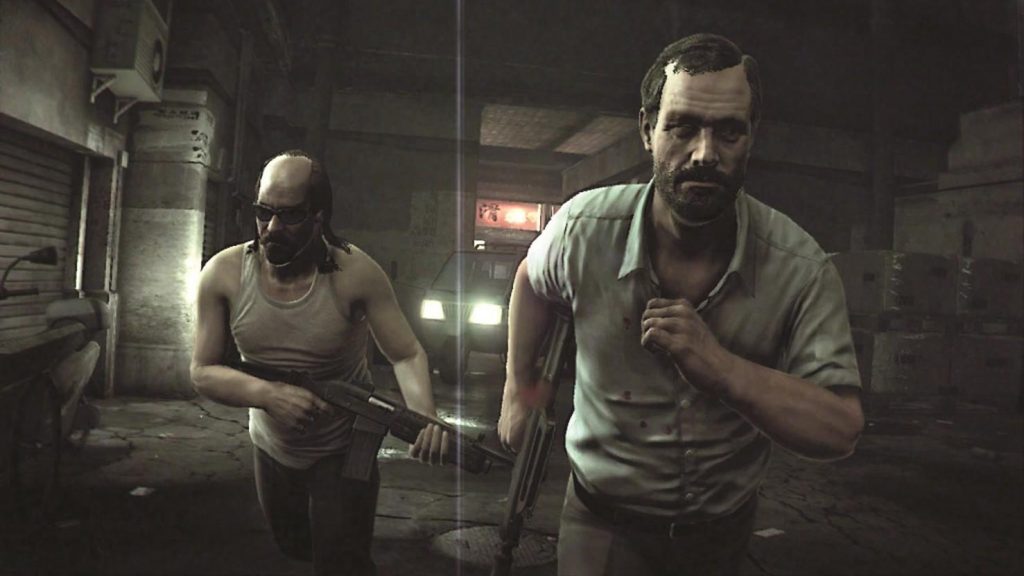
One common complaint I’ve seen levelled at the Kane & Lynch games concerns their bleak worldview and “unpleasant” protagonists, but as far as I’m concerned these elements make the games all the more interesting. There are already a million videogames in which I can play the hero and save the day – Kane and Lynch are selfish, violent fuck-ups who regularly make bad situations worse and survive by the skin of their teeth, and I wouldn’t want them any other way.
Apart from cameos in Hitman: Absolution, Kane and Lynch have been laying low since Dog Days, which is a shame, as with the medium currently bursting with videogames of all kinds, I certainly think that there remains room for more of these two criminals’ dark escapades.
Red Dead Redemption
Rockstar’s Red Dead Redemption (2010) is an epic western which tells the story of former outlaw John Marston’s attempt to be reunited with his wife and son by bringing the other members of his former gang to justice. While the game has a predecessor, 2004’s Red Dead Revolver, that PlayStation 2 title was a linear and more arcade-like experience, quite unlike the sprawling and more realistic open-world adventure that is Red Dead Redemption.
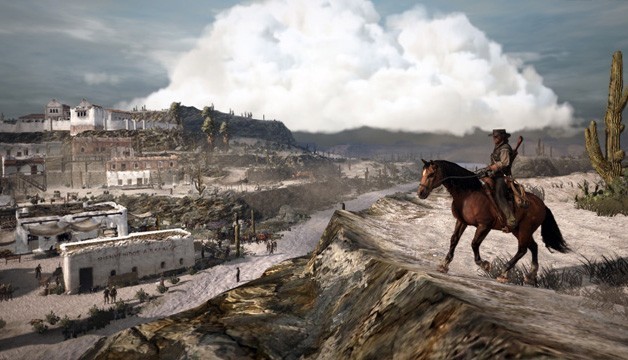
The game offers numerous side-missions alongside the main plot missions, as well as other activities such as drinking, taming horses, bounty hunting, gambling, and hunting wildlife. And although the main plot falters at times, the game concludes with an utterly incredible final act, while John remains a likeable protagonist throughout, thanks in large part to actor Rob Wiethoff’s fantastic performance.
More than anything, Red Dead Redemption feels like a love-letter to the western genre, from the countless small details to the game-world’s several landscape types familiar to many westerns, from dusty plains to snow-covered mountains. There’s also the overall narrative, which shows the same affection for the genre while simultaneously being set in 1911 and commenting on the days of the “wild west” coming to an end due to encroaching modernisation.
Oh, and you can visit Mexico while wearing a poncho, which for a western fan such as myself automatically makes Red Dead Redemption one of the greatest videogames of all time.
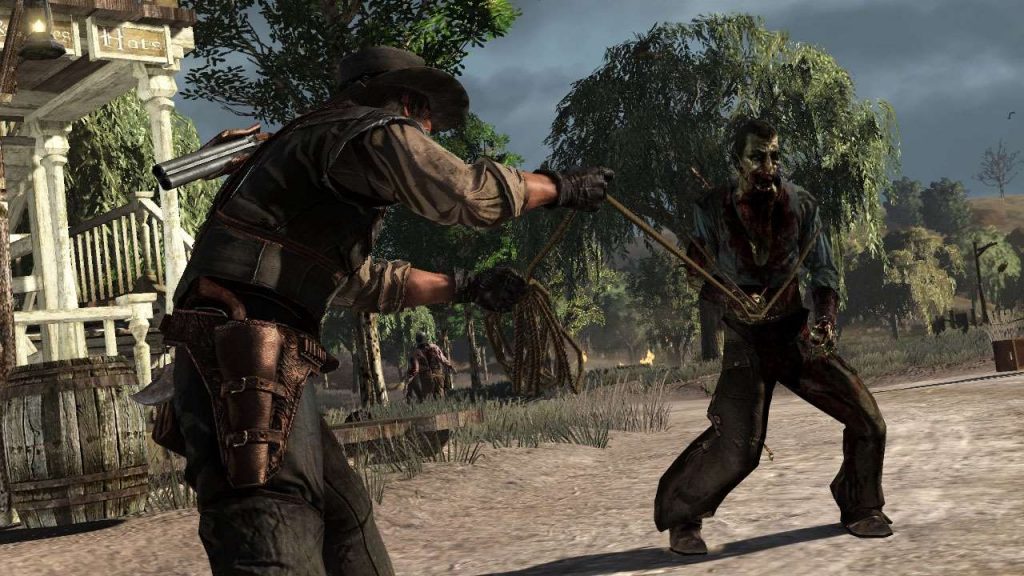
Red Dead Redemption: Undead Nightmare, a sizeable and enjoyable expansion, put a zombie spin on the base game, one slathered in Rockstar’s typical black humour but which also stands alone as its own experience by implementing features and gameplay mechanics not present in the base game.
Hopefully Rockstar will once again harness the passion that clearly went into this game in the form of the sequel that it deserves. But then, as William Munny pointed out in a Wyoming saloon one rainy night, “Deserve’s got nothing to do with it.”
Emily Medlock is an avid gamer whose passions not only include video games of all kinds, but anime, music, movies, and reading.

